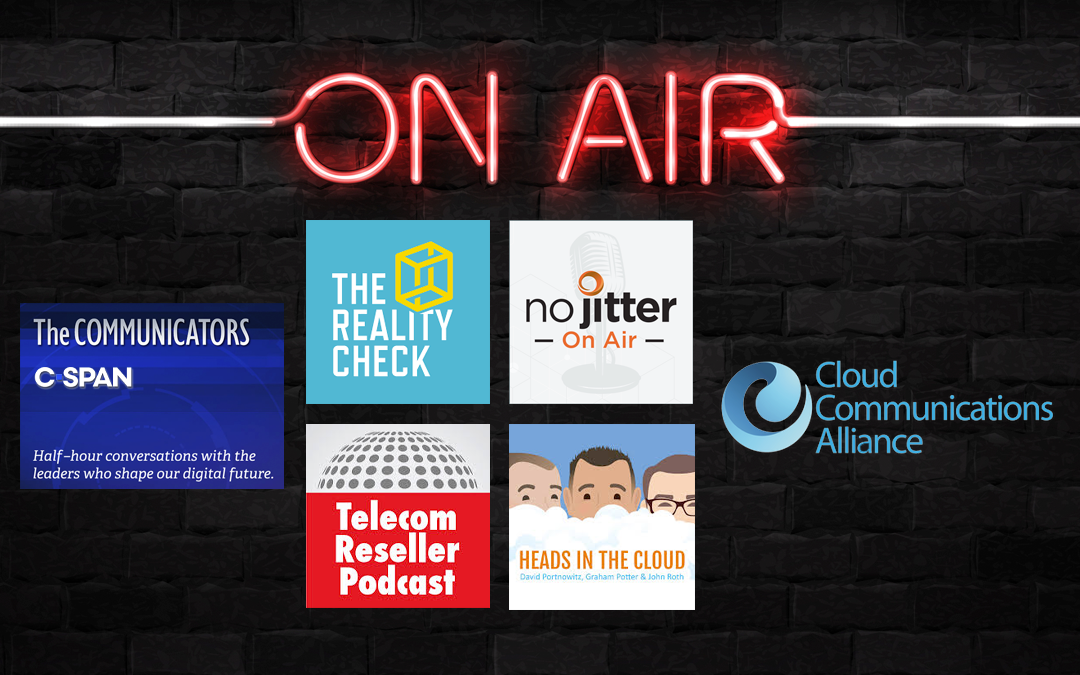Traditional phone service used to be easy to figure out. You would secure a phone number from a leading carrier, and then you were able to place and receive calls. With today’s VoIP and digital technologies, however, making and receiving calls are actually different in nature. Whether via conventional landlines or remote business connections, the only constant is that these services utilize a phone. In order to fully understand how origination and termination work within these units, it is essential to understand the terms and see why some providers are simply better than others.
The Essentials
Since these are different services, VoIP origination providers do not have to be the same as VoIP termination providers. In fact, it simply comes down to reaping the benefits of each service, while knowing exactly what you need for daily communication protocols. Understanding the intricate and detailed aspects each service provider offers also plays an instrumental role in selecting the right carrier.
VoIP Origination
In a nutshell, origination refers to incoming calling. While you’re not actually originating the call, you are handling the call and making sure it is delivered to you. Since your phone number is provider-based, the call goes to them first then is routed to you. As always, you need a valid phone number to facilitate and receive origination services.
Comparing Origination Providers
It is crucial to assess existing provider services in order to make a worthwhile and informed decision. The following aspects are important when selecting the right VoIP to achieve the desired results:
Price and Value
Price is certainly important when considering VoIP origination services. However, the real measuring stick revolves around value. While it’s great to have calls emanating from other provider routes, you still have to keep a keen eye on quality and delivery. This includes crisp and clear audio, along with the volume of dropped calls.
Monitoring these services and provider inbound routes helps secure the following:
- Management – Make sure the VoIP services you receive correlate with the level of control you are seeking. For example, SIP calls procure more data, which allows users to effectively manage and route the calls they receive.
- Flexibility – Flexibility is important for real-time activations. In addition, your account dashboard must be user-friendly and comprehensive in nature.
- Availability – Your VoIP origination provider should also offer backup routes and voice outage mitigation tools in case of downtime or unforeseen circumstances (power outages, server failures, maintenance). This will allow calls to still be received in a timely and professional manner.
- Functionality – While functions and features differ among providers, there are some functions that simply must be present. This includes E911 for safety reasons, along with Caller ID Name (CNAM) and storage capacities. You should also check to see if toll-free numbers are available since they are easier for clients and customers to get in touch.
VoIP Termination
On industry networks, phone calls are primarily seen as having two ends and traveling in one central direction. The originating end is where the call is placed and the terminating end refers to the recipient(s) being called. Therefore, termination simply refers to delivering the outbound calls you have placed. No phone is necessary to terminate calls.
Similar to origination, termination providers must be able to deliver the following to their clients and customers:
- High quality calls powered by least cost routing that delivers true value, best prices
- Optimal security and redundancy
- Flexible infrastructure and management
By understanding the intricacies of VoIP and origination, you will be able to choose a provider that will meet your needs within time and budget. thinQ offers VoIP origination services, contact us for a demo today.


















